Choosing the right growing medium is crucial for the health and productivity of your plants. Two popular options among gardeners are coconut coir and peat moss. Both have unique properties and benefits, but which one is better for your plants? In this article, we’ll compare coconut coir and peat moss, highlighting their advantages and drawbacks to help you make an informed decision.

What is Coconut Coir?
Coconut coir is a natural fiber extracted from the husk of coconuts. It's a byproduct of the coconut industry and has become a popular growing medium due to its sustainable and eco-friendly properties.
Benefits of Coconut Coir
- Sustainability: Coconut coir is a renewable resource. It's harvested from coconuts, which are abundant and grown annually, making it an environmentally friendly option.
- Water Retention and Drainage: Coconut coir has excellent water retention capabilities while also providing good drainage. This balance prevents waterlogging and reduces the risk of root rot.
- Aeration: The fibrous structure of coconut coir allows for adequate air circulation, promoting healthy root growth.
- pH Neutral: Coconut coir is naturally pH neutral, which means it can be used with a wide variety of plants without altering soil pH levels.
- Natural Pest Resistance: Coconut coir is resistant to pests and diseases, reducing the need for chemical treatments.
Drawbacks of Coconut Coir
- Nutrient Content: Coconut coir is an inert medium, meaning it does not contain any nutrients. Gardeners need to supplement with fertilizers to provide essential nutrients to plants.
- Salinity: Some coconut coir products may have high salt content if not properly processed. It's important to choose high-quality, low-sodium coir.
What is Peat Moss?
Peat moss is harvested from peat bogs, which are wetland ecosystems. It has been used for centuries as a growing medium due to its ability to retain moisture and nutrients.
Benefits of Peat Moss
- Water Retention: Peat moss can hold up to 20 times its weight in water, making it an excellent medium for moisture retention.
- Nutrient Retention: Peat moss has good nutrient retention capabilities, helping to keep essential nutrients available to plants.
- Acidic pH: Peat moss has a naturally acidic pH, which is beneficial for acid-loving plants such as blueberries and azaleas.
Drawbacks of Peat Moss
- Environmental Impact: Harvesting peat moss is not sustainable. Peat bogs take thousands of years to form, and their destruction releases significant amounts of carbon dioxide into the atmosphere.
- Drainage: Peat moss can become compacted over time, which may lead to poor drainage and aeration, potentially harming plant roots.
- Cost: Due to its unsustainable harvesting practices and transportation costs, peat moss can be more expensive than other growing media.
Coconut Coir vs. Peat Moss: Side-by-Side Comparison
|
Feature |
Coconut Coir |
Peat Moss |
|
Sustainability |
Renewable and eco-friendly |
Non-renewable and environmentally harmful |
|
Water Retention |
Excellent |
Excellent |
|
Drainage |
Good |
Can become poor over time |
|
Aeration |
Excellent |
Can become compacted |
|
pH Level |
Neutral |
Acidic |
|
Nutrient Content |
Inert, needs supplementation |
Retains nutrients |
|
Pest Resistance |
Naturally resistant |
Susceptible to pests |
|
Cost |
Generally affordable |
Often more expensive |
Which is Better for Your Plants?
Use Coconut Coir If:
- You are looking for a sustainable and eco-friendly growing medium.
- You need a medium that provides excellent drainage and aeration.
- You prefer a pH-neutral medium that can be used with various plants.
Use Peat Moss If:
- You are growing acid-loving plants that thrive in an acidic environment.
- You require a medium with high water and nutrient retention.
- You are not as concerned about the environmental impact.
Wrapping Up With Coconut Coir vs. Peat Moss
Both coconut coir and peat moss have their own set of advantages and drawbacks. If sustainability and environmental impact are important to you, coconut coir is the superior choice. It offers excellent water retention, drainage, and aeration, making it suitable for a wide range of plants. On the other hand, if you are growing plants that prefer an acidic environment and need a medium with high nutrient retention, peat moss might be the better option.
When choosing coconut coir, it’s crucial to source it from an ethical supplier like Viagrow. Viagrow goes the extra mile to ensure sustainable harvesting and shipment methods for all their coir products. By choosing Viagrow, you can be confident that you are supporting environmentally responsible practices while providing your plants with a high-quality growing medium. Consider your specific gardening needs and priorities to choose the best medium for your plants, and be sure to contact us if you have any questions about our selection.
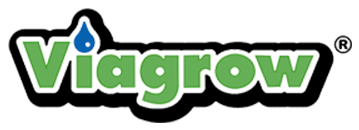
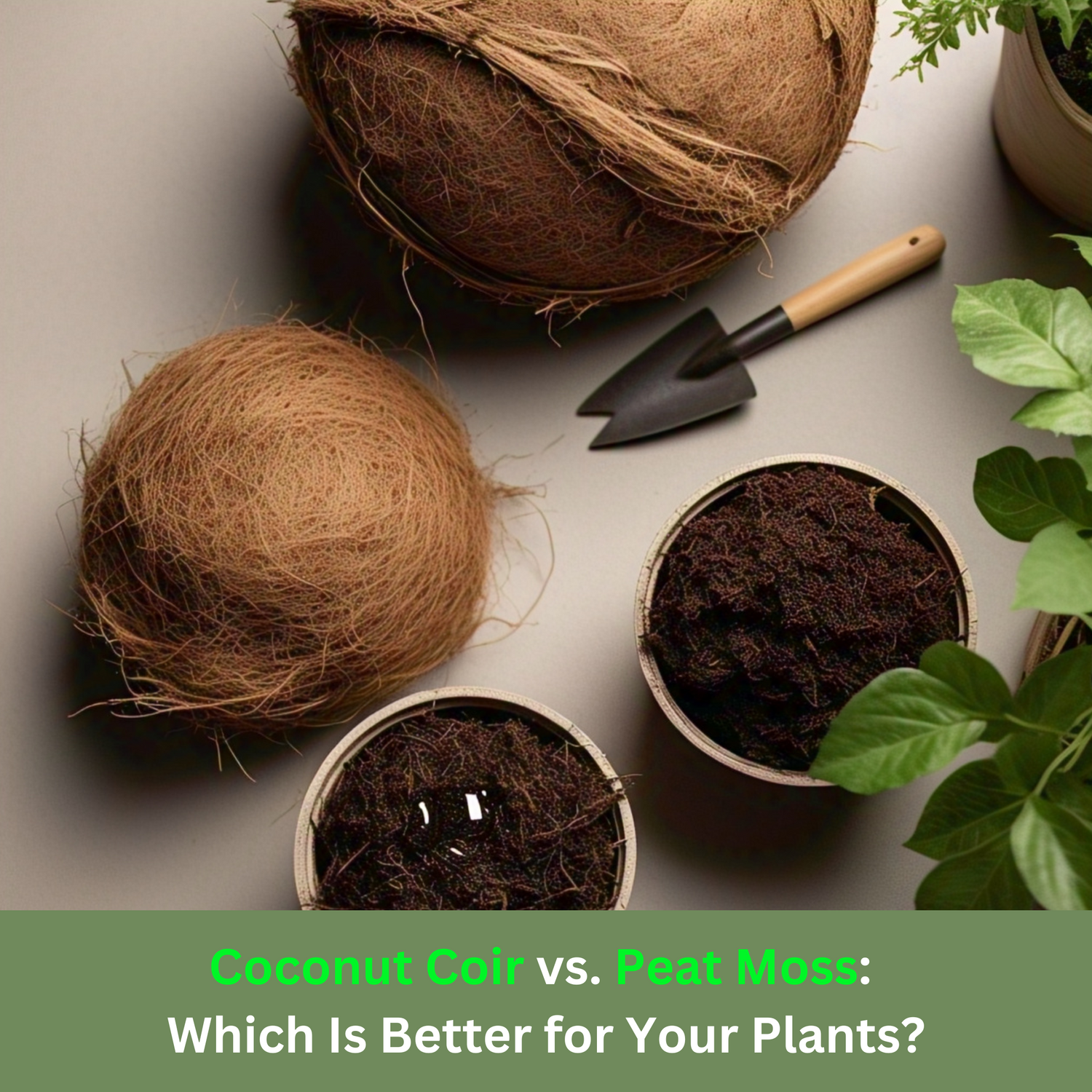
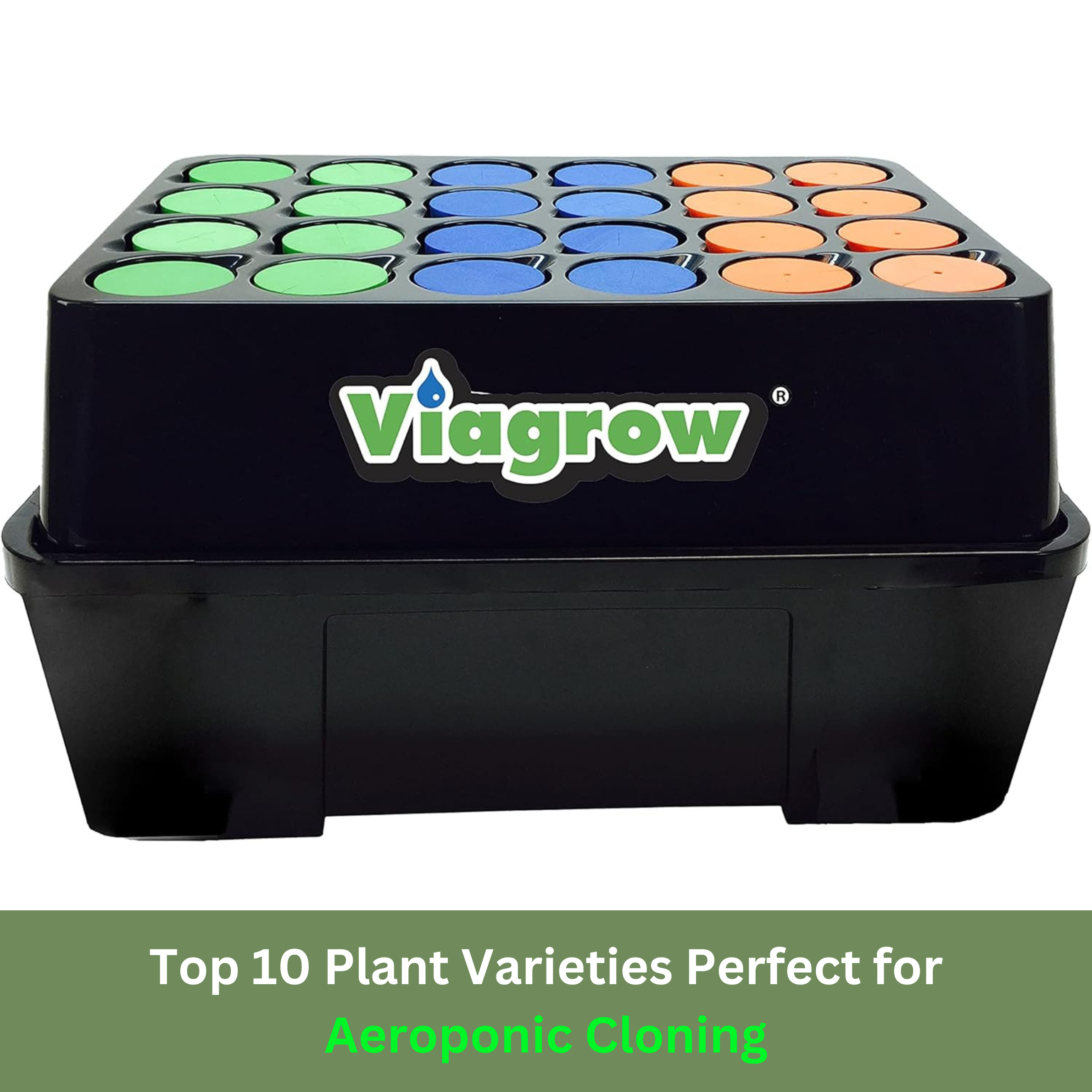
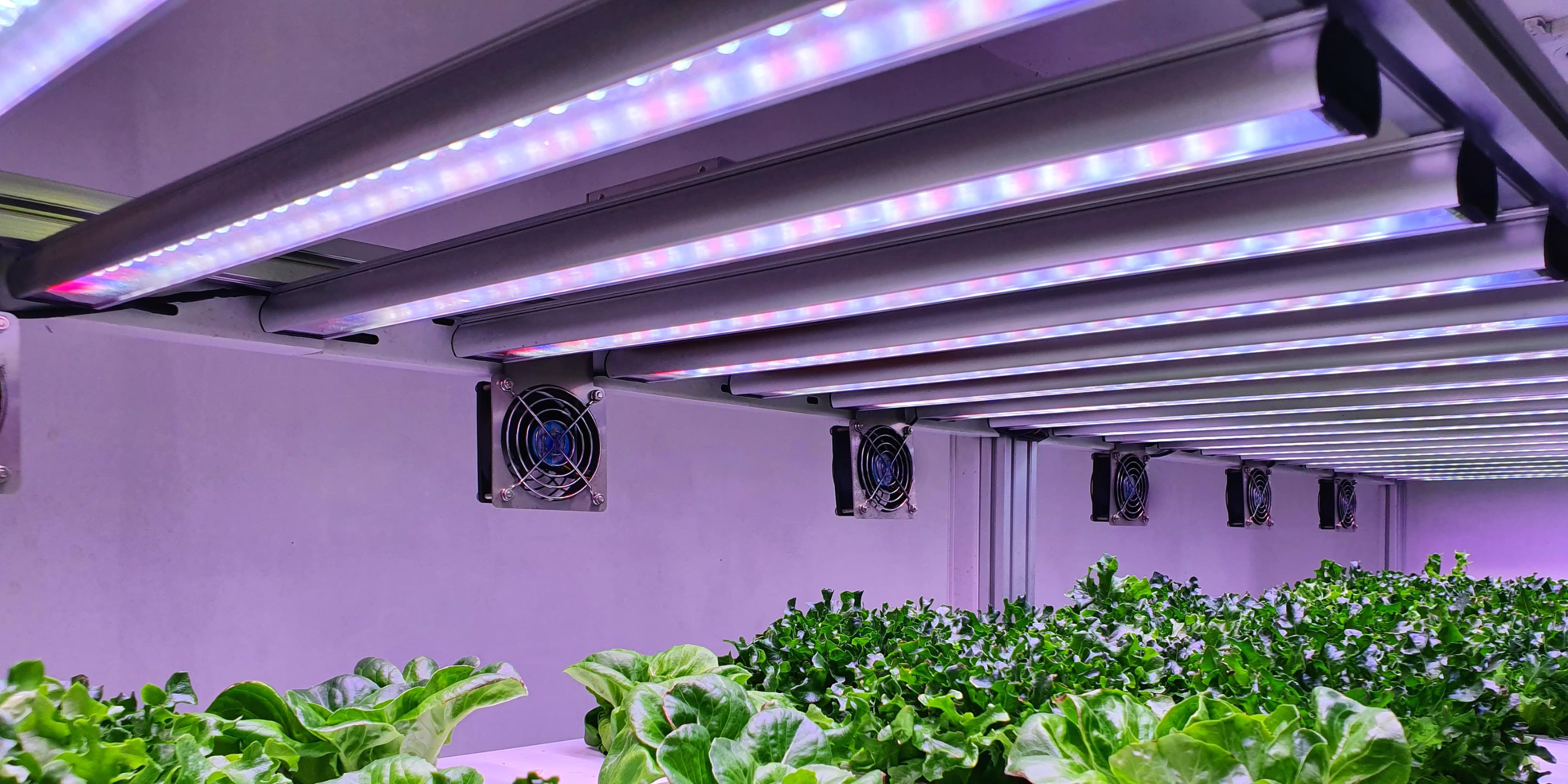





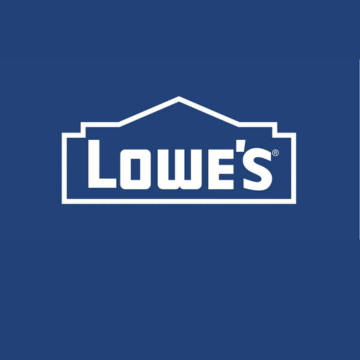
Laisser un commentaire
Tous les commentaires sont modérés avant d'être publiés.
Ce site est protégé par hCaptcha, et la Politique de confidentialité et les Conditions de service de hCaptcha s’appliquent.